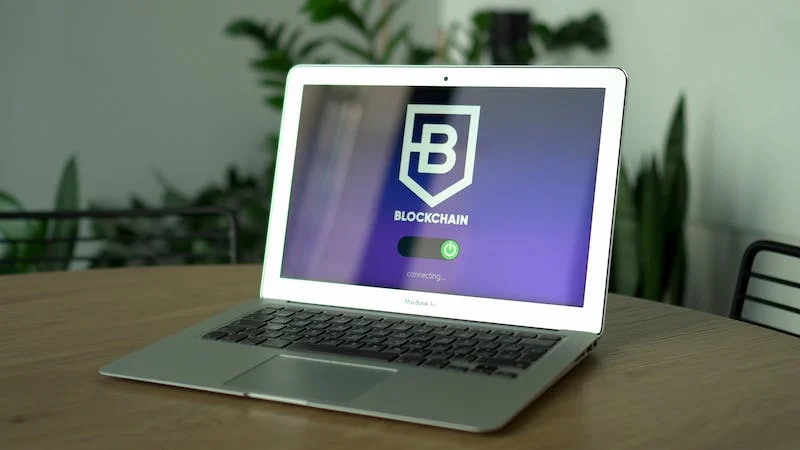Virtual Real Estate business in Metaverse
The virtual real estate business in the metaverse has gained significant attention and offers various opportunities for investors, developers, and entrepreneurs.
- Land Ownership and Development:
- Purchase and Develop: Investors can buy virtual land parcels in metaverse platforms and develop them into virtual properties, such as commercial spaces, residential areas, or entertainment venues.
- Virtual Cities: Some metaverse platforms are planning to build entire virtual cities or regions, where businesses can buy and develop land for various purposes.
- Rental Income:
- Lease Virtual Property: Virtual landowners can lease their properties to other businesses or individuals looking to establish a presence in the metaverse. This can generate ongoing rental income.
- Virtual Events and Conferences:
- Event Spaces: Virtual landowners can create event spaces within the metaverse and rent them out for conferences, concerts, exhibitions, and other events.
- Event Management Services: Businesses can specialize in managing virtual events and offer their services to clients looking to host events in the metaverse.
- Virtual Commerce:
- Virtual Malls and Shopping Centers: Develop virtual shopping malls or retail spaces where businesses can set up virtual storefronts to sell products or services.
- Virtual Real Estate Agencies: Companies can specialize in helping others find, purchase, or rent virtual real estate in the metaverse.
- Virtual Advertising and Sponsorship:
- Billboards and Advertising Spaces: Create virtual billboards and advertising spaces within the metaverse and offer them to businesses for advertising their products or services.
- Sponsorship Opportunities: Partner with businesses to provide sponsorship opportunities for virtual events, venues, or experiences.
- Virtual Tourism:
- Develop virtual tourist destinations or landmarks that attract visitors from within and outside the metaverse. Monetize by charging virtual entry fees or offering guided tours.
- Metaverse Development Studios:
- Specialize in designing, developing, and landscaping virtual properties and environments for individuals and businesses looking to establish a presence in the metaverse.
- NFT-based Real Estate:
- Some virtual real estate transactions in the metaverse are conducted using non-fungible tokens (NFTs) to represent ownership. Businesses can facilitate NFT-based real estate transactions or offer NFT-backed virtual properties.
- Metaverse Consultancy Services:
- Offer consulting services to businesses and individuals interested in navigating the complexities of the metaverse, including virtual real estate investments, development, and monetization strategies.
- Virtual Community Hubs:
- Create virtual community hubs, co-working spaces, or social gathering spots where people can interact, collaborate, and network in the metaverse. Charge membership fees or rent out spaces within these hubs.
Virtual real estate in the metaverse represents a novel and evolving industry with various opportunities for innovation and entrepreneurship. As the metaverse continues to grow and gain popularity, virtual real estate business models will likely continue to expand and diversify.

Virtual Commerce business in Metaverse
Virtual commerce, also known as v-commerce or e-commerce within the metaverse, offers exciting opportunities for businesses to sell products and services to users in virtual environments.
- Virtual Fashion and Apparel:
- Virtual fashion brands can design and sell virtual clothing and accessories for users’ avatars within the metaverse.
- Users may purchase digital clothing to customize their avatars’ appearances.
- Virtual Real Estate Sales:
- Companies can specialize in brokering virtual real estate transactions, assisting users in buying and selling virtual land and properties within the metaverse.
- Virtual real estate listings can include details about the size, location, and development potential of virtual properties.
- Virtual Art Galleries and Collectibles:
- Art galleries can showcase digital art and NFT-based artwork within virtual galleries, allowing users to purchase digital art pieces.
- Collectibles can include NFT-based virtual sculptures, paintings, and other art forms.
- Virtual Goods and Gadgets:
- Businesses can sell virtual goods, gadgets, and in-game items for use in metaverse-based games and experiences.
- These virtual items may enhance users’ gaming experiences or avatars’ capabilities.
- Metaverse Fashion Shows and Boutiques:
- Brands can host virtual fashion shows and set up virtual boutiques where attendees can purchase the showcased clothing and accessories for their avatars.
- Virtual Real Estate Development:
- Companies can acquire virtual land in the metaverse, develop it with virtual buildings or properties, and sell or lease them to other businesses or individuals.
- Virtual Furniture and Home Decor:
- Virtual furniture stores can offer digital furniture and home decor items for users to furnish their virtual properties.
- Users can personalize their virtual spaces with virtual furniture.
- Virtual Marketing and Advertising:
- Offer virtual marketing and advertising services within the metaverse, helping businesses promote their products and services to a virtual audience.
- Create and manage virtual ad campaigns and promotional events.
- Virtual Event Tickets and Merchandise:
- Sell virtual event tickets for concerts, conferences, and other metaverse events.
- Offer virtual merchandise, such as exclusive digital items or experiences, related to these events.
- Virtual Automotive Sales:
- Companies can create virtual showrooms to showcase virtual vehicles and offer virtual test drives.
- Users may purchase virtual cars for their avatars to use in the metaverse.
- Virtual Food and Beverage:
- Virtual restaurants and cafes can offer virtual food and drinks for users’ avatars.
- Virtual catering services for events and gatherings within the metaverse.
- Virtual Currency Exchange:
- Establish virtual currency exchanges where users can buy, sell, or trade digital currencies (e.g., cryptocurrency) for use in the metaverse.
- Metaverse Marketplace Platforms:
- Create online marketplaces within the metaverse that allow users and businesses to list and sell virtual and digital assets, goods, and services.
- Virtual Tech and Gadgets Stores:
- Businesses can sell virtual tech gadgets, wearables, and accessories that enhance users’ experiences in the metaverse.
- Metaverse Travel and Tourism:
- Offer virtual travel experiences, tours, and accommodations within the metaverse for users to explore and enjoy.
As the metaverse continues to grow and evolve, businesses will have the opportunity to tap into various niches and markets to cater to the needs and desires of its users, creating new and innovative virtual commerce opportunities.




